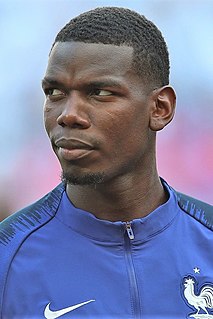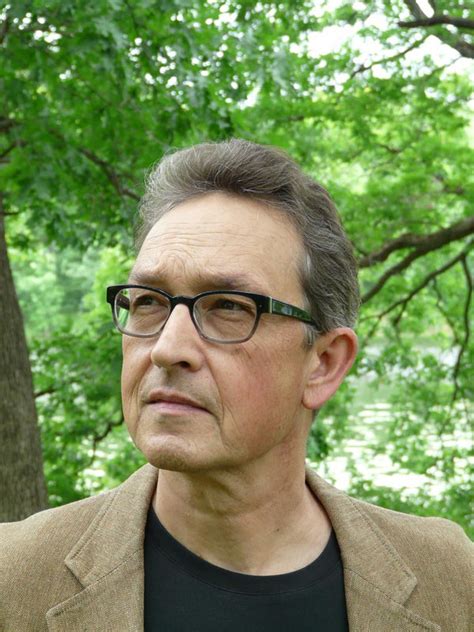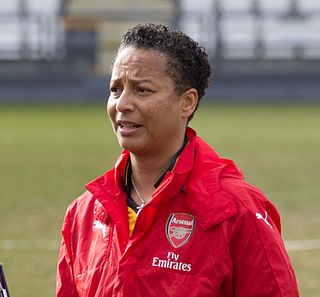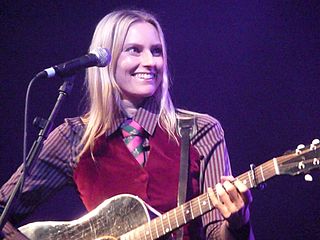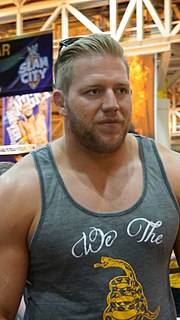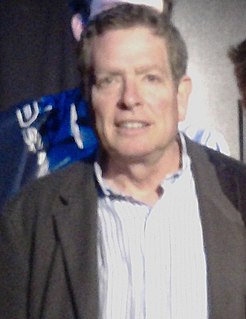A Quote by S. E. Hinton
I grew up with my cousins, who were as close as brothers, and frankly, I didn't like what girls were expected to do. I liked horseback riding, playing football, going to rodeos. I wanted to be in jeans all the time, and I couldn't figure out why I was supposed to conform to a certain standard, so I didn't.
Related Quotes
I grew up in Africa, in Nigeria. I never knew, I never had any reasonable encounter with football. I saw football on Sky News. I thought there were people dressed like extraterrestrials, you know, like they were going to Mars or something, headgears and shoulder pads. And I wondered why, as a child, why did they have to dress that way.
And I couldn't make fun of her for that dream. It was my dream, too. And Indian boys weren't supposed to dream like that. And white girls from small towns weren't supposed to dream big, either. We were supposed to be happy with our limitations. But there was no way Penelope and I were going to sit still. Nope, we both wanted to fly.
I began to understand that there were certain talkers - certain girls - whom people liked to listen to, not because of what they, the girls, had to say, but because of the delight they took in saying it. A delight in themselves, a shine on their faces, a conviction that whatever they were telling about was remarkable and that they themselves could not help but give pleasure. There might be other people - people like me - who didn't concede this, but that was their loss. And people like me would never be the audience these girls were after, anyway.
I wanted to know why people follow rules blindly, or why girls had to act a certain way and boys didn't. Why could boys ask girls out and girls not ask guys out? Why did girls have to shave their legs and guys didn't? Why did society, like, set everything up the way they did? My whole adolescence was full of unanswered whys. Because they never got answered, I just kept lighting fires everywhere - metaphorically speaking.

